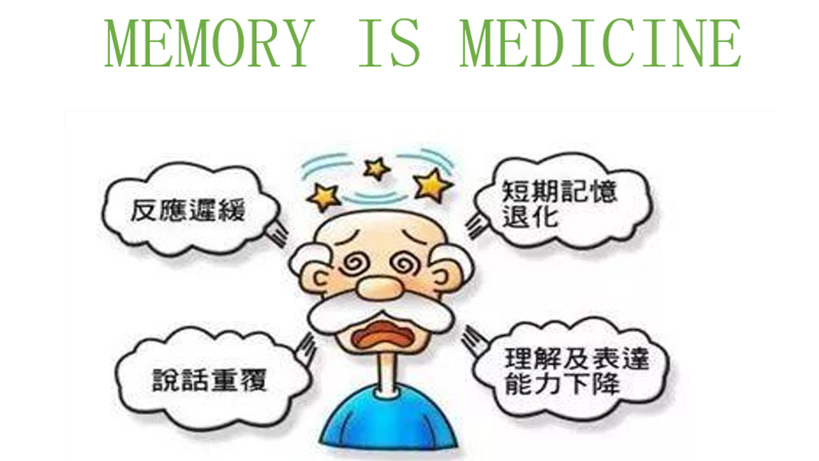Prof. Ge Lin Kan
PhD in Spatial Demography
Head and Professor, Thrust of Urban Governance and Design, HKUST (GZ)
Professor, Thrust of Artificial Intelligence, HKUST (GZ)
Professor, Division of Emerging Interdisciplinary Areas
Life-space quantifies older adults’ spatial activity patterns from home, with or without an assistive device; the greater the space, the greater the mobility and the quality of life. Life-space measures are primarily used by geriatricians to diagnose and intervene in mobility and cognitive limitations among elderly patients. We pioneered geographic information system (GIS) based life space measures that included capturing smartphone location signals inferencing patients’ home locations and their broad life space. It would be a natural extension to assess digital life-space measures and their feasibility in China, but research along this line is incremental, and the measure may not fit China with mostly densely populated urban communities.
We instead propose life-space interventions based on virtual reality (VR) and meaningful physical activities. We will recruit over 1000 elderly persons with an early stage of Alzheimer’s disease in the mainland China and Hong Kong and randomly assign them to intervention and control groups; both groups will have usual care. For the intervention group, we reconstruct a virtual life-space around each elderly participant’s home and ask all participants to engage in physical activities via Stationary bikes by wearing VR headsets. We will review cognitive assessment measures (e.g., Montreal Cognitive Assessment) in China, and use an appropriate one to assess both groups twice a year for the duration of the study. The baseline assessment starts after the successful recruitment. In addition, we will develop an instrument to interview both the participants and their informal caregivers to gauge their quality of life or life satisfaction. The project has two stages: first to assess efficacy of the proposed intervention, and then to prove the feasibility of identifying spatial features and associated timing that stimulate older adults’ brains. Finally we will apply our intervention to brain fog COVID patients.

 Other references:
Other references:
- News report from UGOD (GZ) (click to view)
- News report from CCTV (click to view)
- Featured by RTHK (in below video)

